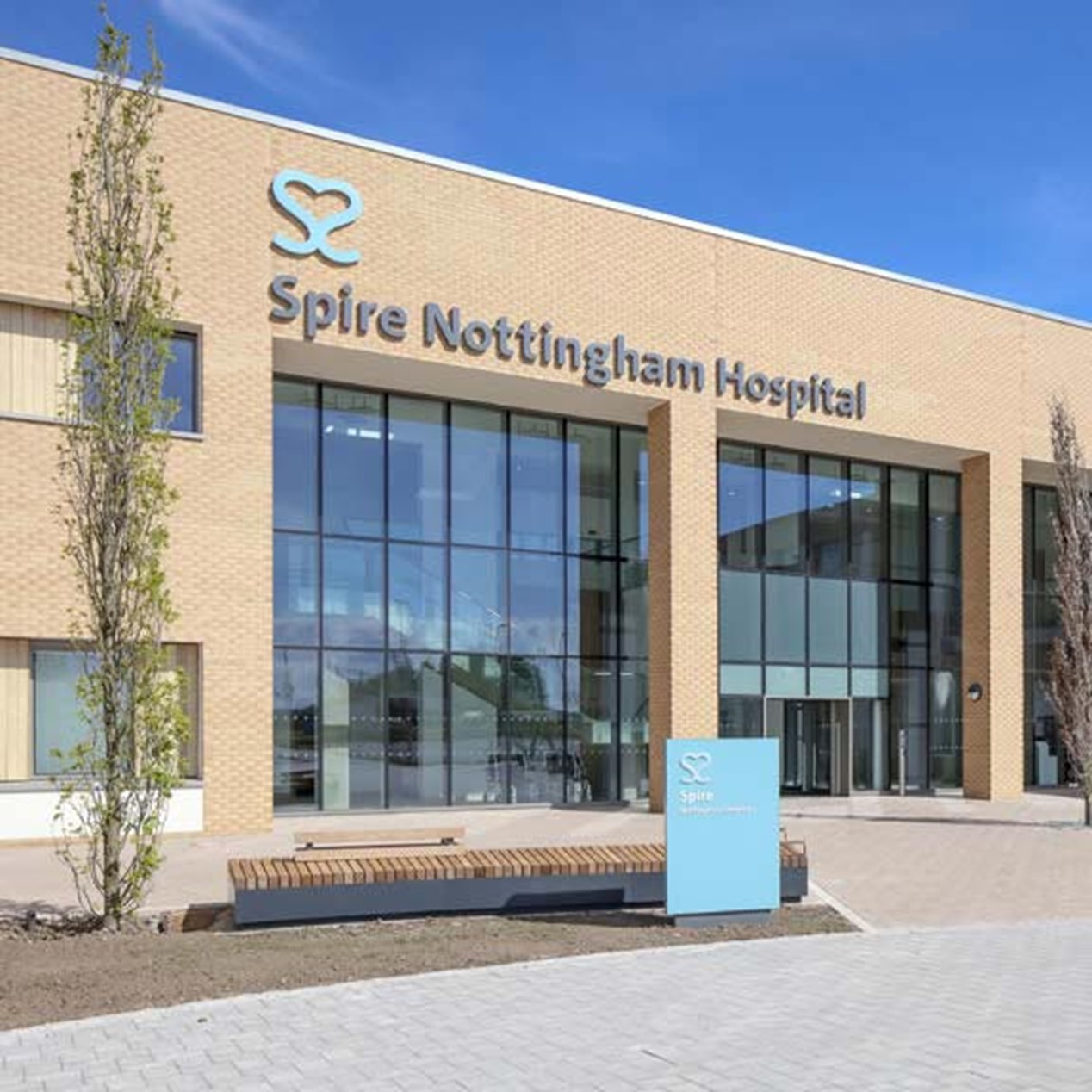It is important to make sure you are healthy, with regular checks because some sexually transmitted diseases can cause infertility or serious illness if left untreated. Tests for sexually transmitted infections (STIs) are relatively straightforward and painless.
Why you might need it
STIs are passed from one person to another through unprotected sex (vaginal, anal or oral) or genital contact. They are fairly common in the UK, with around a half a million new cases recorded per year from UK sex medicine clinics. England alone had around 440,000 new diagnoses of STIs in 2014.
The main forms of STI are:
- chlamydia
- gonorrhoea
- herpes
- HIV and hepatitis
- syphilis.
Symptoms of these can include:
- pain when urinating
- lower abdominal pain
- vaginal discharge
- discharge from the penis
- pain during sexual intercourse in women
- bleeding between periods in women
- testicular pain
- painful, swollen testicles
- painful bowel movements
- anal itching
- fever
- headache
- sore throat
- swollen lymph glands
- rash
- fatigue.
Most STIs are easily treatable, but HIV is more serious. There is no cure for this infection, though it can be treated and allow you to live a long and otherwise healthy life.
Tests involve taking a blood sample, a swab or urine sample.
Find a Spire hospital offering this treatment

Who will do it?
Our patients are at the heart of what we do and we want you to be in control of your care. To us, that means you can choose the consultant you want to see, and when you want. They'll be with you every step of the way.
All of our consultants are of the highest calibre and benefit from working in our modern, well-equipped hospitals.
Our consultants have high standards to meet, often holding specialist NHS posts and delivering expertise in complex sub-specialty surgeries. Many of our consultants have international reputations for their research in their specialised field.
Before your treatment
You will have a formal consultation with a healthcare professional. During this time you will be able to explain your medical history, symptoms and raise any concerns that you might have.
We will also discuss with you whether any further diagnostic tests, such as scans or blood tests, are needed. Any additional costs will be discussed before further tests are carried out.
Preparing for your treatment
We've tried to make your experience with us as easy and relaxed as possible.
For more information on visiting hours, our food, what to pack if you're staying with us, parking and all those other important practicalities, please visit our patient information pages.
Our dedicated team will also give you tailored advice to follow in the run up to your visit.
The procedure
We understand that having tests can often be a time of anxiety and worry, but our experienced and caring staff will be there for you, holding your hand, every step of the way.
Our hospitals offer a sexual health or GUM (genitourinary medicine) clinic to test for STIs.
The tests are performed either by:
- taking a urine sample
- taking a blood sample
- taking a swab from the urethra (tube where urine comes out)
- an examination of your genitals
- if you're female, taking swabs from the vagina (which you can usually do yourself).
These are then analysed in our laboratories.
Testing for chlamydia (the most common STI) and gonorrhoea usually requires only a urine sample and testing for HIV and syphilis needs a blood sample.
Tests for herpes aren't usually done unless you have sores on your genitals or anus. In this case, a swab is taken from a sore. This will be slightly uncomfortable.
Aftercare
These tests are carried out as a day case so you will be able to go home straight after or as soon as you feel comfortable.
Pain relief
These tests are mostly painless. You might feel some slight discomfort but you shouldn’t need any pain relief medication.
Recovery time
When we discharge you we'll talk to you about an appointment to see your specialist again to discuss the test results.
You should be able to return to normal activities such as work immediately.
Looking after you
Even once you’ve left hospital, we’re still here for you. We take an integrated approach so we can organise any other care that you may need should your test results show something abnormal.
If you have any questions or concerns, we’re ready to help.
Why choose Spire?
We are committed to delivering excellent individual care and customer service across our network of hospitals, clinics and specialist care centres around the UK. Our dedicated and highly trained team aim to achieve consistently excellent results. For us it's more than just treating patients, it's about looking after people.
Important to note
The treatment described on this page may be adapted to meet your individual needs, so it's important to follow your healthcare professional's advice and raise any questions that you may have with them.

